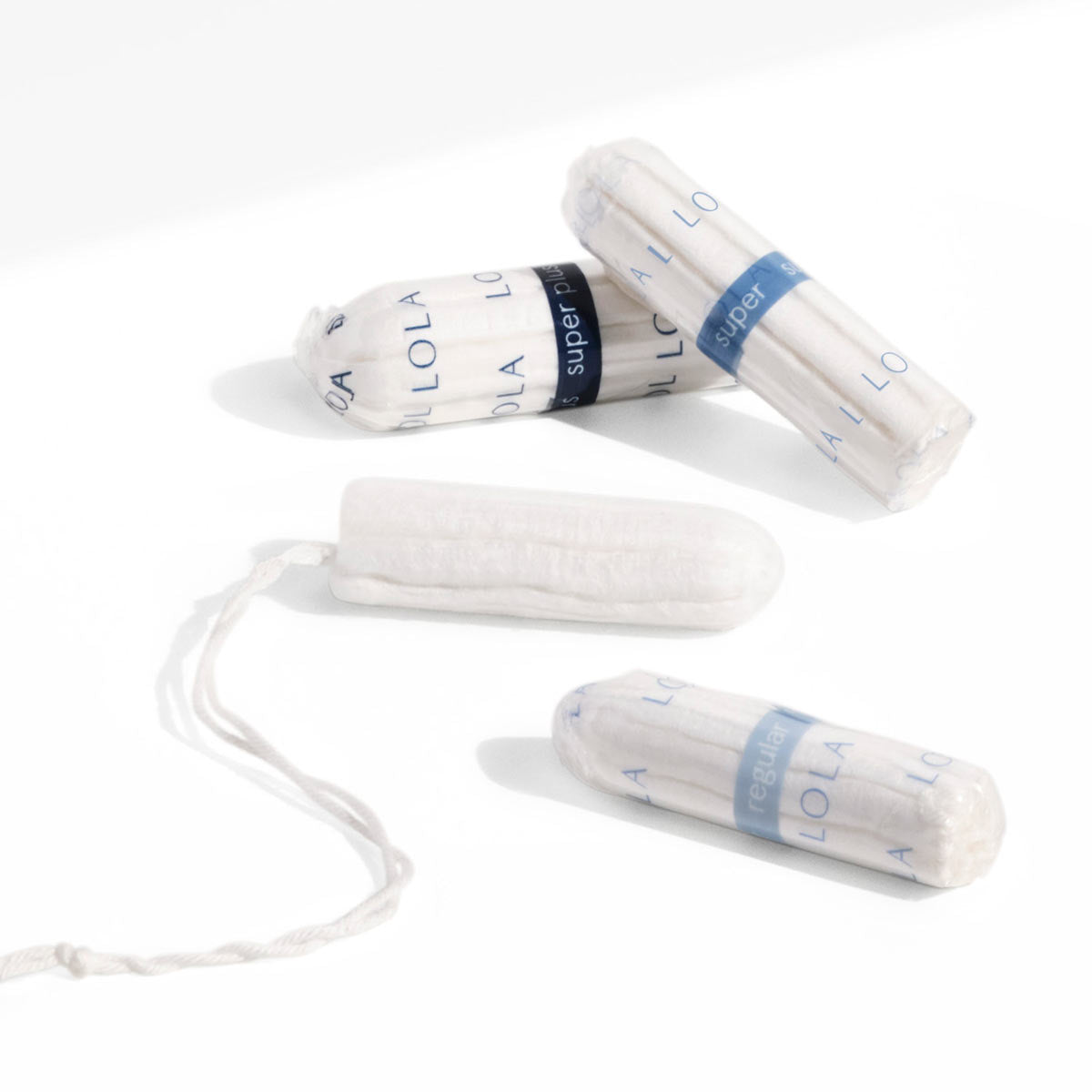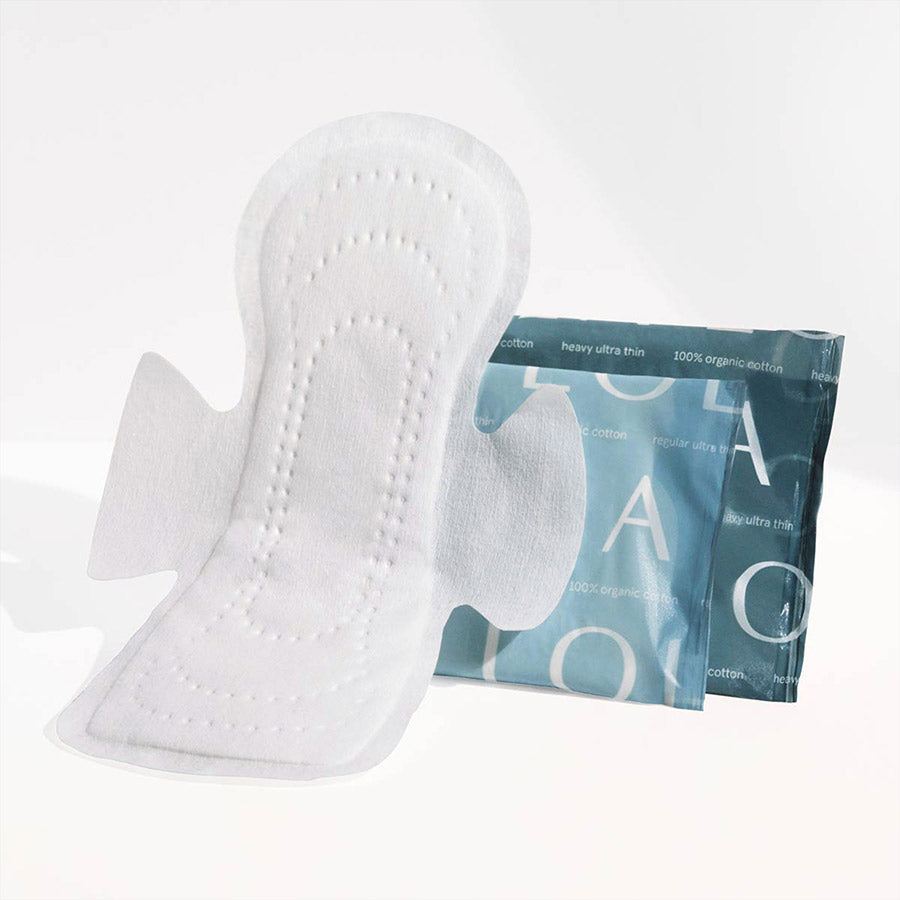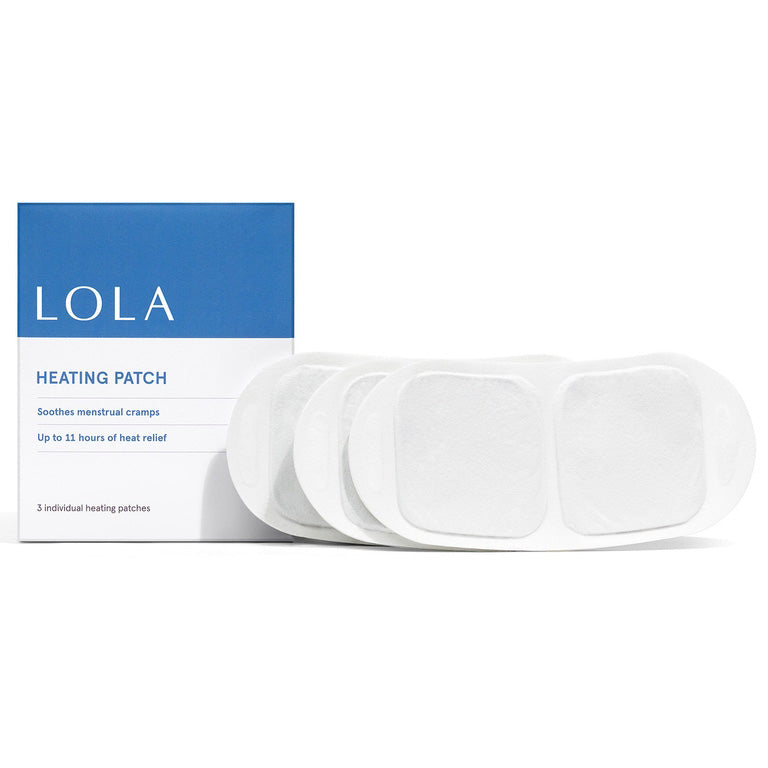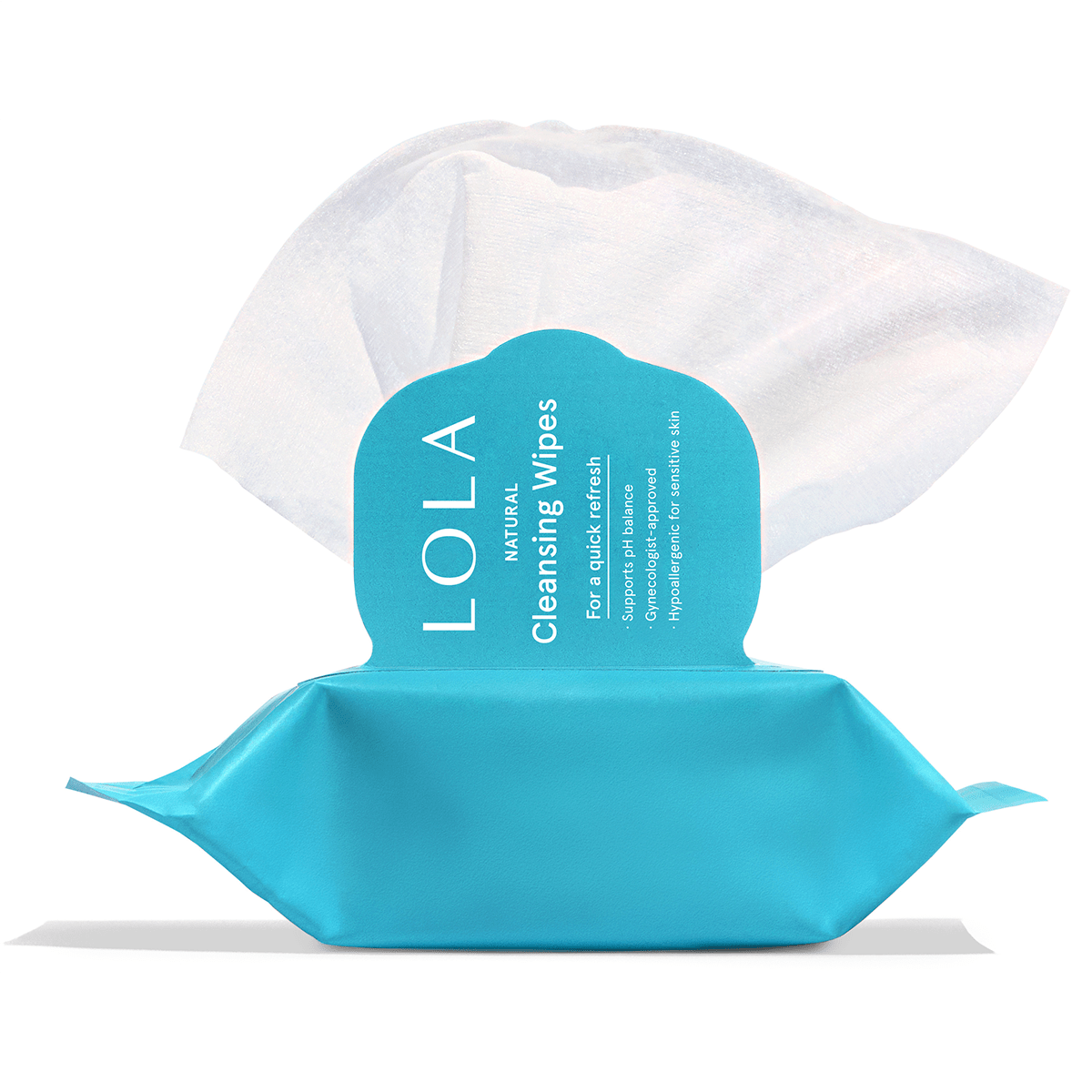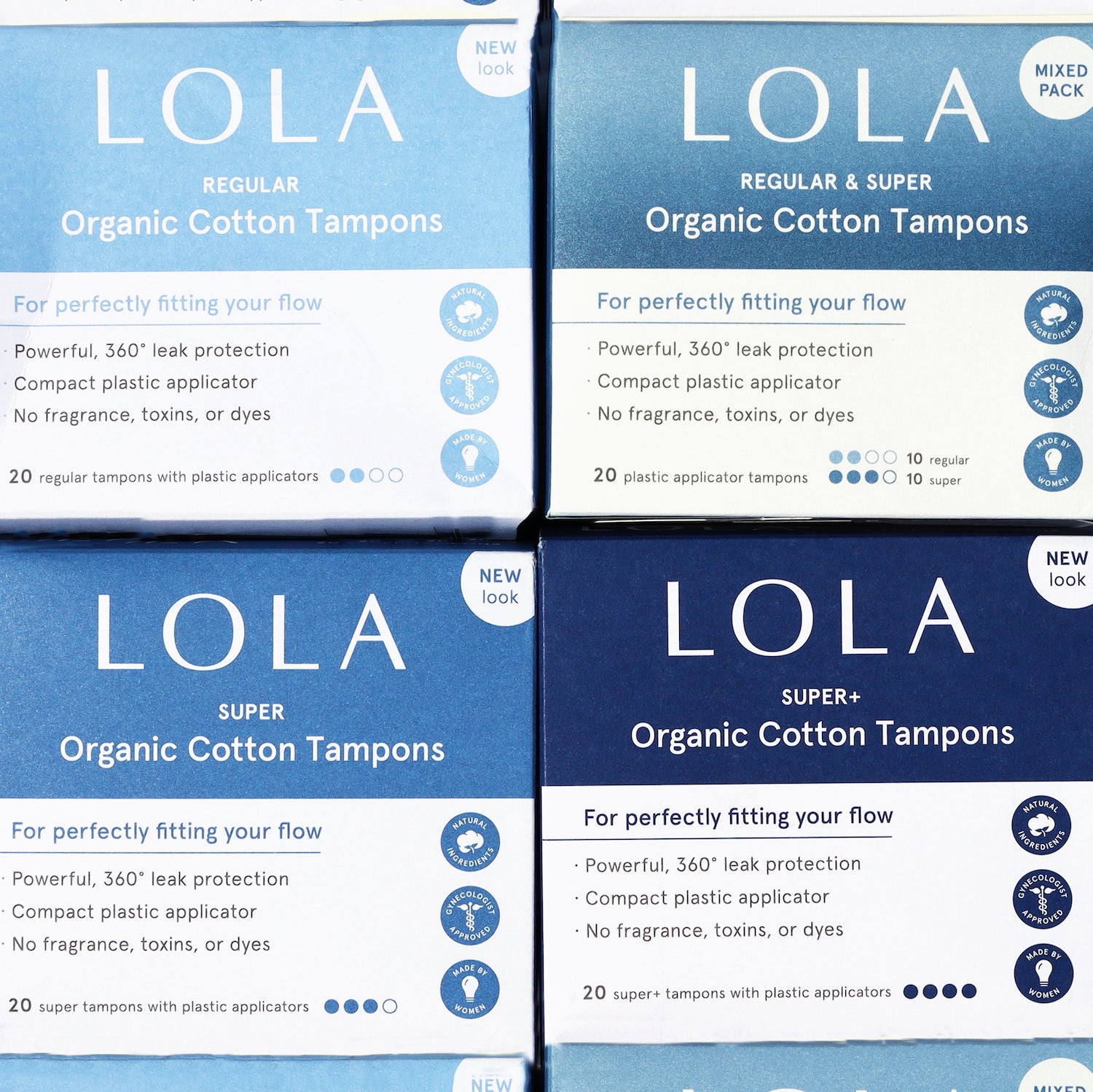An irritated bladder accompanied me and my endometriosis all throughout my 20s, right after I became sexually active. When I experienced symptoms of unrelenting burning and frequent urination for the first time, I headed to the doctor. My urine culture confirmed I had a urinary tract infection " a bacterial infection, usually caused by E.coli that enters the urethra. But as time passed and my sex life continued, my painful symptoms persisted " often without any bacteria in my pee.
My doctors were at a loss for why I would have UTI-like symptoms if it wasn't an infection. But as it turns out, many women feel like they have persistent UTIs without a positive urine culture, says Dr. Christina E. Lewicky Gaupp, a urogynecology and pelvic reconstructive surgeon at Northwestern Memorial Hospital in Chicago. She explains that there are several other possible conditions that cause UTI-like symptoms, like pelvic floor dysfunction and dehydration.
Thankfully, there are treatments that can help resolve your constant (non-UTI related) bathroom runs. Here are five reasons why you might feel like you have a UTI when you don't " and what to do to feel better.
Pelvic floor dysfunction
The pelvic floor is a group of muscles that support all the organs inside the pelvis, including the bladder, bowel, and uterus. When those muscles are too tight or they spasm, women can experience a series of symptoms including painful intercourse, problems emptying the bladder, or a frequent, sometimes painful, need to urinate.
Women with a pelvic floor disorder can benefit from physical therapy that relaxes their muscles, but they're often treated as if they have recurrent UTIs, says Dr. Lewicky Gaupp. "Most physicians are focused on treating the end organ " the bladder," she explains. That's not treating the underlying root cause, which tends to be this muscle spasm."
Avoid kegel exercises if you have a pelvic floor disorder. They can make your spasms even worse, says Dr. Lewicky Gaupp.
Inflammatory conditions
Both endometriosis " a disorder where cells similar to what lines the uterus grow elsewhere " and interstitial cystitis (IC), also known as painful bladder syndrome, are inflammatory conditions that can mimic UTIs. Painful and frequent urination can be a symptom for anyone with endometriosis,* but sometimes symptoms show up because the rogue cells can be found directly in or on the bladder.*
The risk factors and causes of IC aren't fully understood, but symptoms are often caused by pelvic floor dysfunction itself, explains Dr. Lewicky Gaupp. She says that both conditions can benefit tremendously from pelvic floor therapy.
Can I get a UTI after sex?
The female urethra is not very long, so it's not uncommon for women to get a UTI after intercourse " 1 in 5 women* will experience a urinary tract infection at least once in their life. While it's not completely understood why some women are more prone to getting them than others, research shows the vaginal microbiota plays a part in recurrent infections.*
But penetrative sex can also aggravate muscles near the vagina. The nerves in the pelvic floor are interconnected, so if you're having sex and your pelvic floor is in spasm, it's going to magnify your symptoms.
"Any insult to the genital-urinary tract " whether it's endo, a history of UTIs, or intercourse " all of that can beget more muscle spasms," says Dr. Lewicky Gaupp.
Can dehydration cause a UTI?
When you don't hydrate, your urine gets concentrated and can aggravate the bladder lining. While it's good to keep up on your water intake on a daily basis, if you notice that you have bladder or urinary pain because of dehydration " perhaps after a night of drinking or a bout of food poisoning " Dr. Lewicky Gaupp says loading up on water can dilute the urine and relieve some of the irritation.
Even if you're not dehydrated, alcohol, caffeine, and some foods " like acidic citrus fruits " can exacerbate symptoms in those with a sensitive or overactive bladder.
What to do if you have UTI-like symptoms
If you're experiencing frequent urination or painful bladder symptoms, go to a doctor to check your urine for an infection first. If that's not it, know that urinary symptoms are often tied to the pelvic floor or conditions like endometriosis, and a urogynecologist or pelvic floor therapist can offer more specialized help " minus surgery and antibiotics.
"The default for non-specialists tends to be, "˜Oh, it's an infection every time,'" says Dr. Lewicky Gaupp. "It could be an infection every time, but more often than not, it's just a flare of that muscle problem."
Resources
http://endometriosis.org/endometriosis/symptoms/
https://www.medicalnewstoday.com/articles/321439
https://www.everydayhealth.com/urinary-tract-infections/the-link-between-utis-and-sex.aspx
https://journals.plos.org/plospathogens/article?id=10.1371/journal.ppat.1006238


